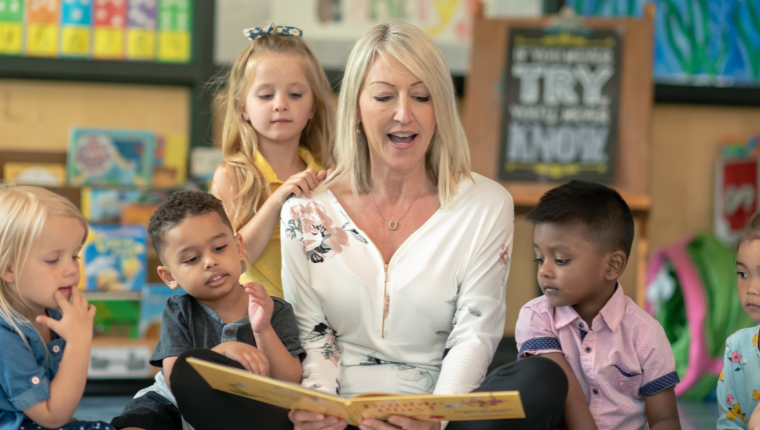Why Waiting Until Primary School is Already Too Late.
At the heart of every thriving community are children who feel safe, nurtured, and seen. But by the time many tamariki walk through the school gates for the first time, some of the most critical windows for their growth and development have already closed. That’s not just a loss for the child — it’s a missed opportunity for us all.
The kōrero around early investment isn’t new — but it’s never been more urgent. Research from Nobel Laureate James Heckman shows that the return on investment in early childhood is the highest of any stage in education. Every dollar invested in the early years saves seven in future public service costs (Treasury NZ, 2019). The evidence is clear: when we start early, we start strong.
The OECD’s Starting Strong V Report (2020) found that countries which prioritise quality Early Childhood Education (ECE) see better literacy and numeracy outcomes, healthier populations, and more equitable communities across generations. These benefits aren’t just academic — they’re deeply human. They’re about giving every child the chance to feel confident in who they are, where they come from, and where they’re going.
Despite this, public policy conversations in New Zealand and Australia too often prioritise intervention after children start school — rather than investing early to prevent gaps from opening in the first place.
In Aotearoa, initiatives like the ECE Participation Programme (MoE, 2016) proved that increasing access to ECE — especially for underserved whānau — lifts long-term outcomes. Likewise, Australian data shows that children who experience quality ECE are more likely to thrive socially, emotionally, and academically.
So why, then, do so many of our public policy conversations focus on intervention after school starts?
At The 4E’s Community, we hold fast to our guiding value: Enable. That means giving tamariki, their whānau, and their communities the tools, support, and opportunities they need before disadvantage takes hold. It means recognising the whakapapa, mana, and potential within each child — and honouring that through early, intentional investment.
True partnership — tino rangatiratanga — means walking alongside whānau and communities, not waiting for problems to arise before stepping in. Investing early is not just the smart choice, it is the caring, culturally responsive, and just one.
We can choose to pay early with purpose, or pay later with consequence.
Let’s choose wisely. Let’s choose our tamariki.


